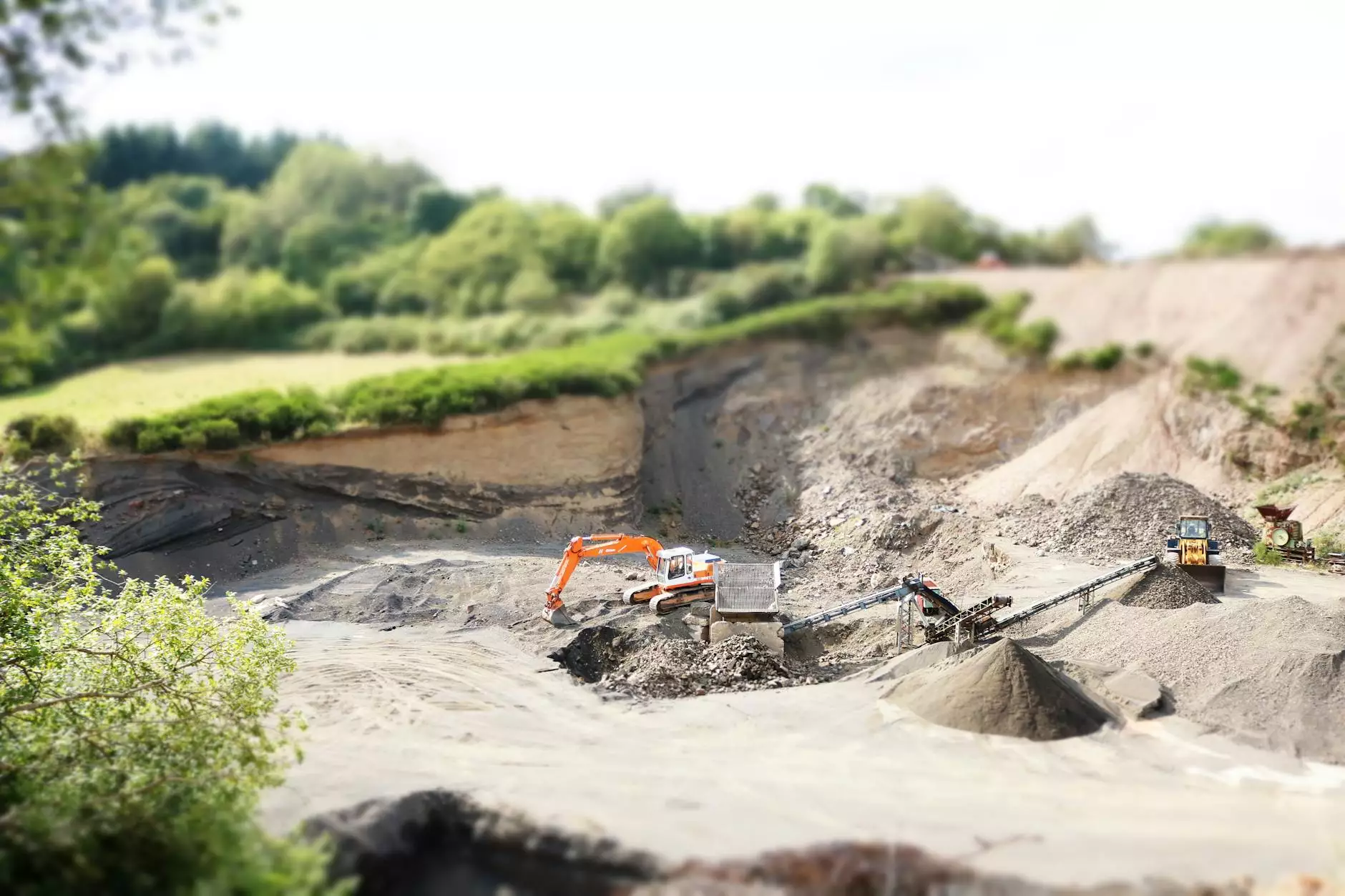The Importance of Centre Formation in the Aviation Sector: A Focus on CCA

The aviation industry is a dynamic and rapidly evolving field that demands highly trained professionals, particularly in areas of flight instruction, airlines, and aviation services. In this context, the term centre formation cca emerges as a crucial concept, representing innovative training methodologies that enhance operational efficiency and safety standards in aviation. This extensive article delves deep into the importance of this concept and how it can transform your career in the aviation sector.
What is Centre Formation CCA?
The term centre formation cca refers to a structured training approach used in the aviation industry. 'Centre formation' indicates the organization and centralization of training processes while 'CCA' typically stands for Cabin Crew Academy, which focuses on comprehensive education and practical training for aspiring cabin crew members. This method emphasizes the integration of various learning modules to ensure that trainees acquire a well-rounded skill set that is pivotal for their roles in the industry.
The Significance of Centre Formation in Aviation Training
In the aviation sector, the quality of training directly impacts safety and service delivery. Centre formation cca contributes significantly to this quality in several ways:
- Standardized Training Protocols: By centralizing training processes, organizations can ensure consistency in the education provided to all trainees. This uniformity is essential for maintaining safety standards across different airlines.
- Enhanced Skill Development: The structured nature of centre formation cca allows participants to develop a complete skill set. Trainees receive hands-on experience in a controlled environment, which mirrors real-world aviation scenarios.
- Collaboration with Industry Experts: Such programs often involve participation from experienced professionals who provide insights and mentorship, thus adding immense value to the training process.
- Focus on Customer Service Excellence: Given the critical role of cabin crew in enhancing passenger experience, center formation emphasizes soft skills alongside technical skills to prepare trainees for diverse customer interactions.
How Centre Formation Enhances Flight Instruction
Flight instruction is another key area where centre formation cca plays a vital role. Effective flight training not only prepares pilots for the technical aspects of flying but also for their responsibilities in passenger safety and service. The central formation training framework offers several benefits:
1. Integrated Learning Experience
The centre formation cca model integrates ground school knowledge with in-flight training, allowing pilots to understand how theoretical concepts apply in practice. This results in more competent and confident aviators who are well-prepared for real-life challenges.
2. Focus on Safety Protocols
Safety is paramount in aviation, and comprehensive training programs under the centre formation umbrella instill a culture of safety among trainees. Regular simulations and assessments ensure that pilots are always ready to handle emergencies effectively.
3. Up-to-Date Training Programs
The aviation industry continuously evolves with the introduction of new technology and regulations. By leveraging the centre formation cca approach, training organizations can adapt their programs rapidly to incorporate the latest industry standards and best practices.
Impact of Centre Formation on Airlines
Airlines benefit significantly from adopting centre formation cca training programs in various aspects:
1. Streamlined Hiring Processes
With standardized training protocols in place, airlines can streamline their hiring processes as they can rely on the level of preparedness of the candidates who have completed structured center formation programs.
2. Better Employee Retention
Providing employees with effective training opportunities through centre formation cca fosters loyalty and job satisfaction. When staff feel competent and confident in their roles, they are more likely to stay with the company long-term.
3. Improved Operational Efficiency
Training that focuses on collaborative and practical learning enhances communication and teamwork among crew members, which is essential for operational efficiency in airline operations.
Integration of Centre Formation into Aviation Services
Aviation services encompass a broad range of operations beyond flight instruction and airline management. The influence of centre formation cca extends to:
1. Ground Handling Training
Ground staff play a vital role in ensuring smooth operations, from baggage handling to passenger boarding. Training programs based on the center formation model prepare ground personnel to meet high service expectations, ultimately improving passenger experiences.
2. Maintenance and Safety Training
In the realm of aircraft maintenance, structured training enhances technical abilities. Aviation services can utilize the centre formation cca approach to develop maintenance crews who ensure optimal aircraft performance and safety compliance.
3. Customer Service Programs
Ensuring passengers receive top-notch service is essential for any airline. Training programs focusing on customer care, conflict resolution, and cultural sensitivity can be embedded within the centre formation training framework, leading to enriched customer experiences.
Conclusion: Shaping the Future of Aviation Through Centre Formation CCA
In conclusion, the concept of centre formation cca signifies a transformative approach to training within the aviation industry. By prioritizing structured and comprehensive education, the industry can produce professionals who excel in their roles while maintaining the highest safety standards. Whether you're aiming for a career in flight instruction, airline management, or aviation services, understanding and embracing the principles of centre formation can be a game-changer in your journey. Investing in this quality training is not merely a necessity; it’s a commitment to excellence in the ever-evolving world of aviation.









